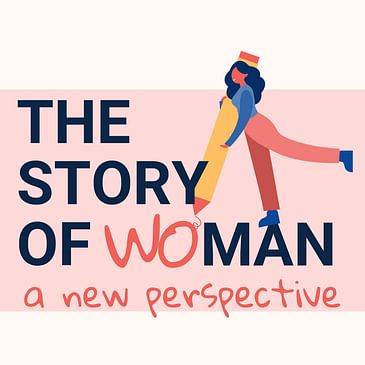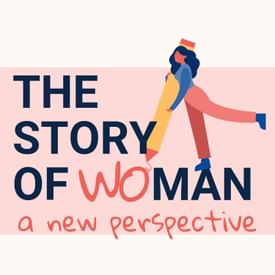This is an episode of The Great British Foreign Affairs Podcast, featuring host Anna Stoecklein as a guest host alongside Anna-Joy Rickard.
Together they talk about feminist foreign policy with Kristina Lunz, the author of ‘The Future of Foreign Policy is Feminist’ and Co-founder and Director of the Centre for Feminist Foreign Policy in Berlin. The episode dives deep into feminist foreign policy, tracing its origins and exploring its profound implications for the world today and the future.
The Great British Foreign Affairs Podcast
--
Become a Patron for access to bonus content and to support the podcast, or buy me a (metaphorical) coffee
Follow us: Instagram | Twitter | Facebook | Tik Tok | Youtube | LinkedIn
Subscribe to our newsletter for a weekly dose of all things WOMAN
We need more women’s stories in the world!. If you’ve enjoyed this episode, please share, subscribe, rate and review on Apple, Spotify or wherever you listen to your podcasts
Explore The Story of Woman book recommendations in the US and the UK - purchases support the podcast AND local bookstores 🤩
www.thestoryofwomanpodcast.com
Learn more about your ad choices. Visit megaphone.fm/adchoices




